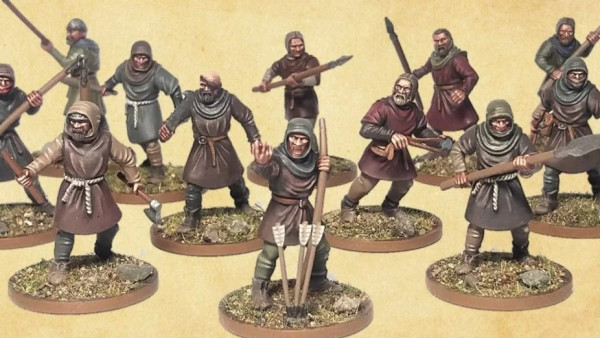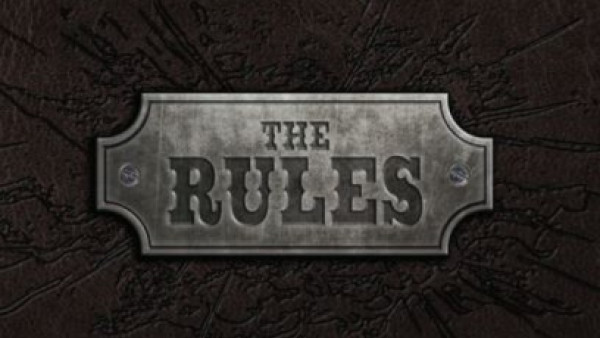Warhammer Swift Stride
July 12, 2010 by johnlyons
John and Darrell look over one of the rules that's new to Warhammer Fantasy in 8th Edition, Swift Stride.
Check out and contribute in our BoW Warhammer Groups:
- Warhammer Fantasy Getting Started
- Warhammer Fantasy General Discussion
- Warhammer Fantasy Fluff and Background
- Warhammer Fantasy Terrain and Gaming Tables
- Beastmen
- Bretonnia
- Daemons of Chaos
- Dark Elves
- Dwarfs
- The Empire
- High Elves
- Lizardmen
- Ogre Kingdoms
- Orcs & Goblins
- Skaven
- Tomb Kings
- Vampire Counts
- Warriors of Chaos
- Wood Elves











































































the way i look at this rule and seen it all Fast calvary have this rule.
What “other people” should we blame then John? Eh? Eh? 😉
Good quick video about a nice new rule 🙂
i agree fast Calvary should get it
Darrel “Have you ever eaten spiders john?”
John “No”
Darrel “Their good” xD Darrel for president, king or whatever!! More Darrel!
All calvary have this rule….. Even fast calvary.
Nice little rule. I couldn’t help myself to do a little math-hammer. rolling three dice and taken the lowest away will up your average from the normal 7 to 8,458 . Of course it will also make your rolls more reliable / less standard deviation.
So if the units are wrong, blame someone else, dammit Warren needs to be more on the ball lol. Seriously though this a great rule vid. I think that Cav and monsterous infantry like ogres will probably get it.
I was wondering how long it would be before this nonsense about ‘hovering around the edge of charge range’ would spring up in the BoW videos, in defence of this random charge rubbish. If players were really doing that in 6th/7th, they wern’t good players, quite frankly. You have other units that will be able to affect any standoff by trying to force the opposing unit into action – attacking them with missile weaponry/spells to pressure them into moving, or moving up a sacrifical or Fast Cavalry unit near to them to prevent their charge from reaching you, by angling… Read more »
Take a look in the rulebook from Page 80 onwards, and it will tell you in the unit types’ description who has this rule.
This sounds like a great rule.